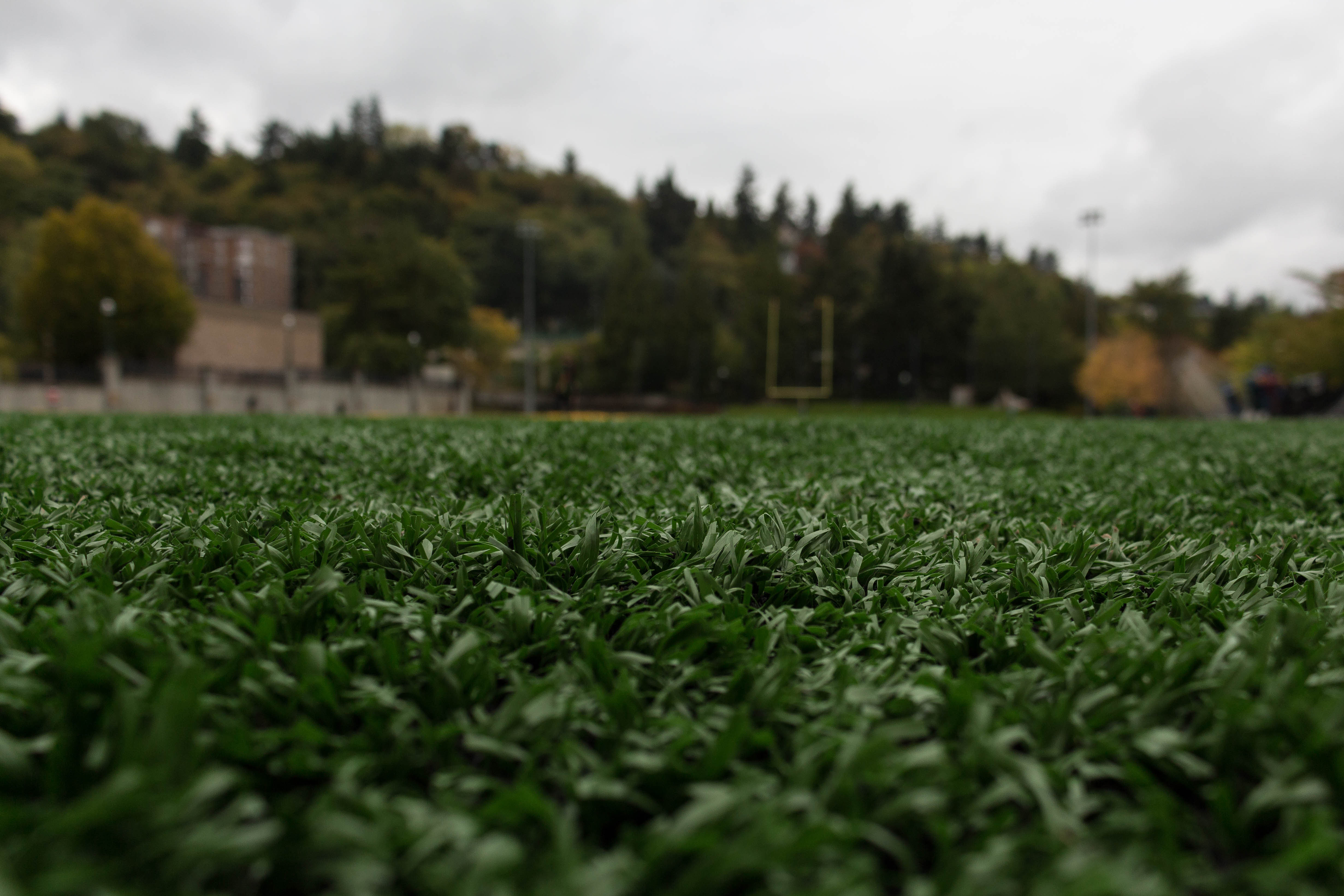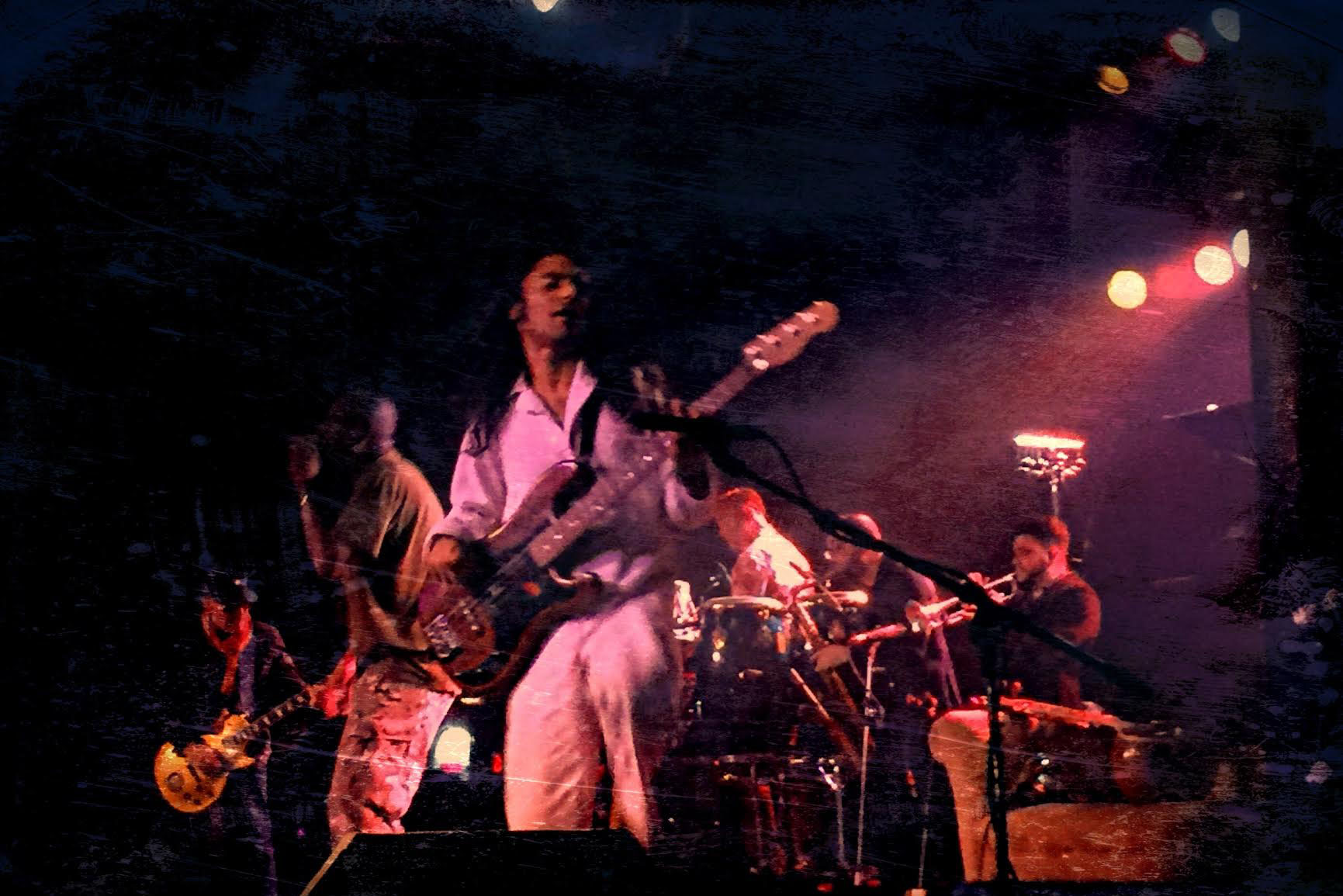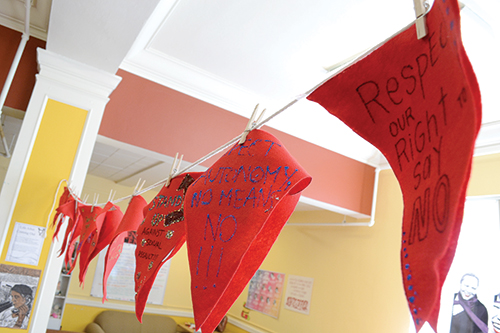Portland State is a university that prides itself on promoting health and wellness among its students. The PSU Athletics department asserts that mental and physical health are vital for the performance of a student athlete. In an effort to achieve this, PSU offers athletes mental and physical help both on and off the field.
“Our Counseling Services director, Dr. Marcy Hunt, meets with all student athletes for an educational session called Mental Health 101,” said Dr. Dana Tasson, the Center for Student Health and Counseling’s executive director. “[The sessions] cover common mental health problems for students, tips for managing stress and self-care, and resources on campus.”
“If we discover a change in their attitude or behavior, we give them the proper resources for counseling on campus,” said Tyler Geving, PSU Men’s Basketball head coach.
“We take it very seriously, our responsibility to educate our students on these very important areas,” said Lisa Miller, associate athletics director for Compliance and Student Services. “We do what we can with the resources we have to get our students the best experience possible, and to educate them.”
PSU is a school under the National College Athletics Association, so there are certain protocols that must be met when it comes to the mental and physical health of an athlete. Miller ensures that the coaches are educated on NCAA rules such as academic eligibility and the promotion of health and wellness.
“We have an educational programming this year where we’re working with SHAC,” Miller said. “We have three specific workshops that our student-athletes will be going through. One’s on mental health, we have one on consent, and we also have a bystander training.”
Required workshops and classes about sexual assault prevention are another important aspect of resources available to student-athletes.
Amy Kayon, a relationship and sexual violence prevention coordinator, has been in her position at PSU for about a year. Kayon has begun collaborating with coaches to teach these workshops where all athletes will attend.
This coach-led training is modeled after “MVP” and “Coaching Boys into Men,” which are high school athletic programs. Kayon mentioned both have had promising results over the years.
“Coaches are leading meaningful conversations with their students around the topic of interpersonal violence, sexual assault and stalking,” Kayon continued.
After these conversations take place with their coaches, Kayon then teaches workshops about consent and active bystander training. Bystander intervention training hopes to empower witnesses of sexual violence to intervene before crimes become too serious. It aims to teach not just when and if to intervene, but to also give courage to witnesses to step up and offer help.
While these sexual assault prevention workshops are being implemented into PSU Athletics, Kayon said it is in no way a specific target at the department.
“This isn’t reactionary,” Kayon said. “This isn’t because they’ve done anything wrong or they’re a lightning rod for attention around this topic.”
College athletics all across the country have been under a microscope when it comes to sexual assault.
“They’re not the only program that we’re doing this robust prevention effort with,” Kayon said. “International Student Life and housing are the other two places that have taken on prevention more robustly.”
When it comes to an athlete’s physical health, coaches and trainers say they always keep an eye out.
“As a coach, I’m constantly working with our trainer to make sure our guys’ physical health is being monitored,” Geving said.
Geving also said they make sure to take every precaution if an athlete is injured.
“We are very cautious about injuries to our players. Our training staff does a great job of making sure they are completely healthy before returning to action. We also give them proper treatment while recovering from injuries.”
Athletics is also offering an additional workshop for incoming freshman athletes called Viking Experience.
“I’ll be going in to see [the freshman] and doing a general introduction to the topic, and I’m going to use pop culture to facilitate that conversation,” Kayon said.
There are many different resources that PSU offers on campus that help students with physical and mental health. The PSU website has what they call a “Wellness Wheel” full of both online and on-campus resources to help students on their way to a healthy way of life.
“Student athletes can use all of SHAC’s various services, including counseling, medical services, dental services, academic testing services, and the mind spa,” Tasson said.
The Mind Spa is located in the University Studies Building, where students can do a variety of relaxing activities such meditation, yoga, and massage or light therapy.
“At the end of the day, the athletes’ overall well-being is the most important priority,” Geving said.






